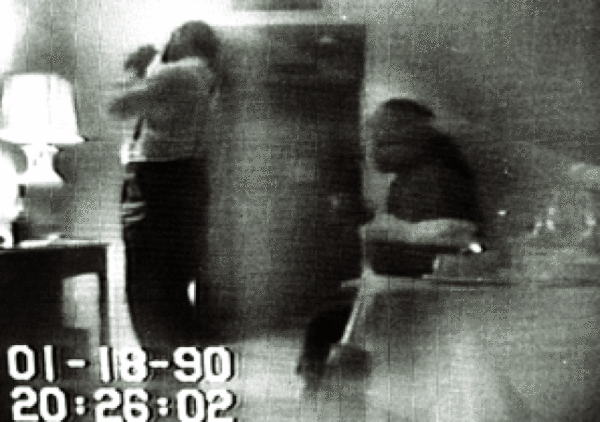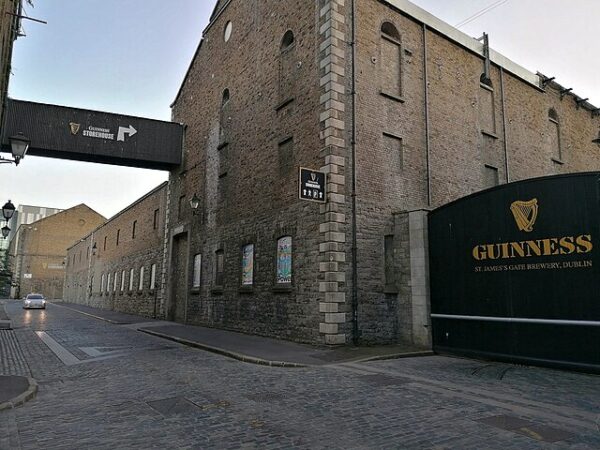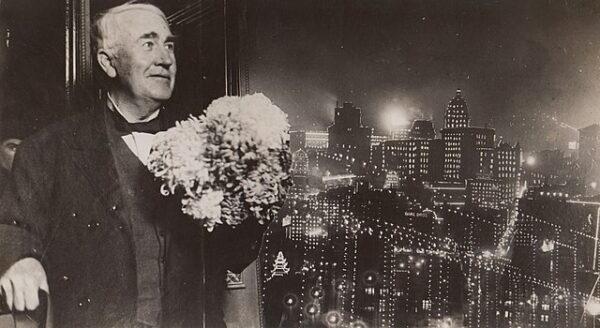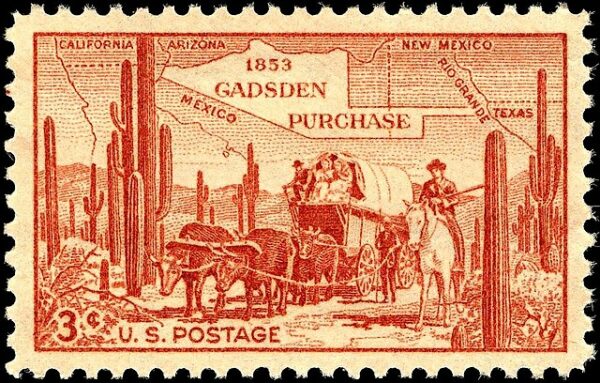Marion Barry’s arrest on January 18, 1990, was a pivotal moment in the history of Washington, D.C. As mayor, Barry had long been a prominent and controversial figure, celebrated for his achievements and criticized for his personal scandals. His arrest for drug possession during a highly publicized FBI sting marked a dramatic turning point in his career and personal life, leaving an indelible mark on the city’s history.
The arrest was the result of an extensive federal investigation. Barry was invited to a hotel room in downtown D.C. by Hazel “Rasheeda” Moore, an ex-girlfriend cooperating with the FBI. Hidden cameras recorded Barry smoking crack cocaine before federal agents stormed in to arrest him. His shocked and angry outburst, “Bitch set me up!” became an infamous part of the scandal and entered popular culture.
Barry’s rise to power had been extraordinary. Born in poverty in Mississippi in 1936, he excelled academically, earning a master’s degree in chemistry. His leadership during the civil rights movement, including co-founding the Student Nonviolent Coordinating Committee (SNCC), earned him national recognition. As mayor of Washington, D.C., Barry advocated for education, housing, and economic development, becoming a hero to many of the city’s African American residents and earning the nickname “Mayor for Life.” Despite these accomplishments, his career faced repeated controversies, including allegations of corruption and growing rumors of drug use.
The arrest and subsequent trial were a watershed moment for Barry and the city. The FBI’s footage, broadcast nationwide, shocked the public and shattered Barry’s image as a reformer. Charged with perjury and drug possession, Barry’s defense argued entrapment due to the FBI’s use of Moore. Ultimately, he was convicted of misdemeanor drug possession and sentenced to six months in federal prison. The scandal forced Barry to step down at the end of his third mayoral term, leaving D.C. in a state of uncertainty.
Remarkably, Barry’s career did not end there. After serving his prison sentence, he returned to politics, winning a seat on the D.C. Council in 1992 and regaining the mayor’s office in 1994. His comeback divided public opinion, with supporters praising his commitment to underserved communities and critics denouncing his leadership as emblematic of political dysfunction. Barry’s ability to connect with marginalized residents ensured his continued influence in Washington, despite his flaws.
Marion Barry’s death on November 23, 2014, marked the end of a complex and polarizing legacy. His arrest in 1990 remains a defining chapter in D.C.’s history, symbolizing the challenges of political accountability. For many, Barry’s story is a reminder of the contradictions inherent in public life and the enduring impact of leadership, for better or worse.






